Here Akrūra states two reasons why the Lord appears to be covered by a material form, or to take birth like a human being. First, when Lord Kṛṣṇa executes His pastimes, His loving devotees think of Him as their beloved child, friend, lover and so on. In the ecstasy of this loving reciprocation, they do not think of Kṛṣṇa as God. For example, because of her extraordinary love for Him, mother Yaśodā worries that Kṛṣṇa will be injured in the forest. That she feels this way is the desire of the Lord, which is here indicated by the word nikāmaḥ. The second reason the Lord may appear material is indicated by the word avivekaḥ: Simply because of ignorance, a lack of discrimination, one may misunderstand the position of the Personality of Godhead. In the Eleventh Canto of the Bhāgavatam, in Lord Kṛṣṇa’s discussion with Śrī Uddhava, the Lord elaborately discusses His transcendental position beyond bondage and liberation. As stated in Vedic literature, deha-dehi-vibhago yaṁ neśvare vidyate kvacit: “There is never a distinction of body and soul in the Supreme Lord.” In other words, Śrī Kṛṣṇa’s body is eternal, spiritual, omniscient and the reservoir of all pleasure.
Source:A.C. Bhaktivedanta Swami Prabhupada (2014 edition), “Srimad Bhagavatam”, Tenth Canto, Chapter 48 – Text 22


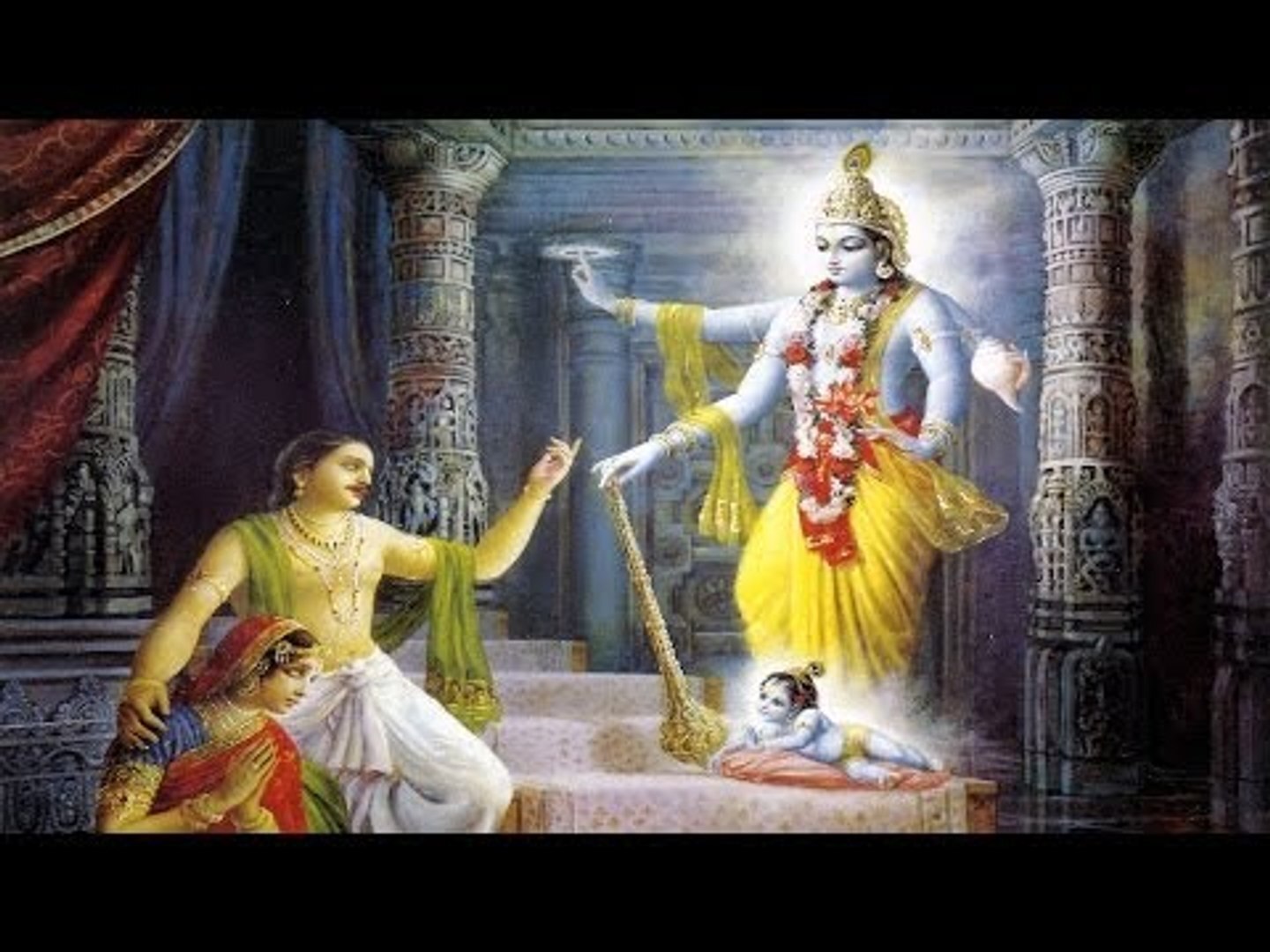
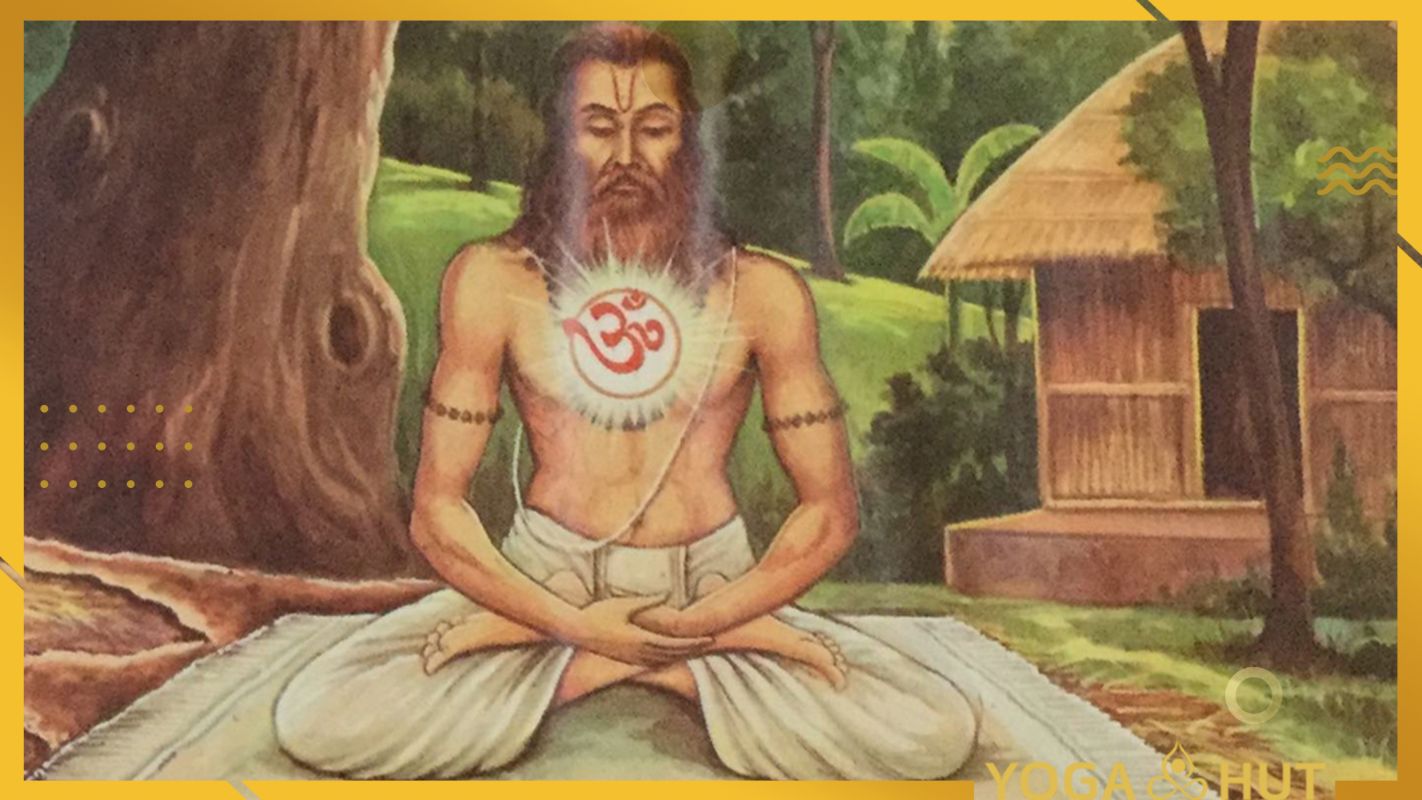
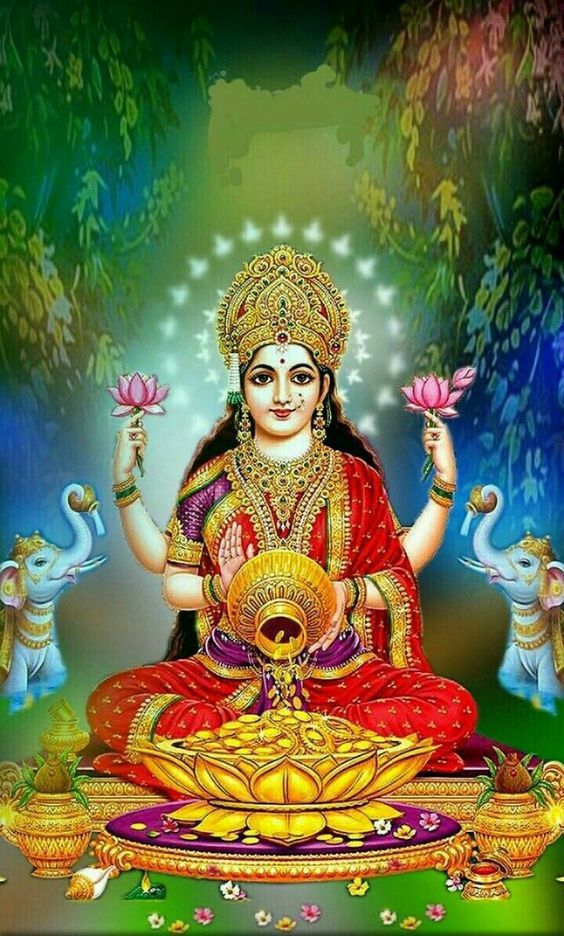

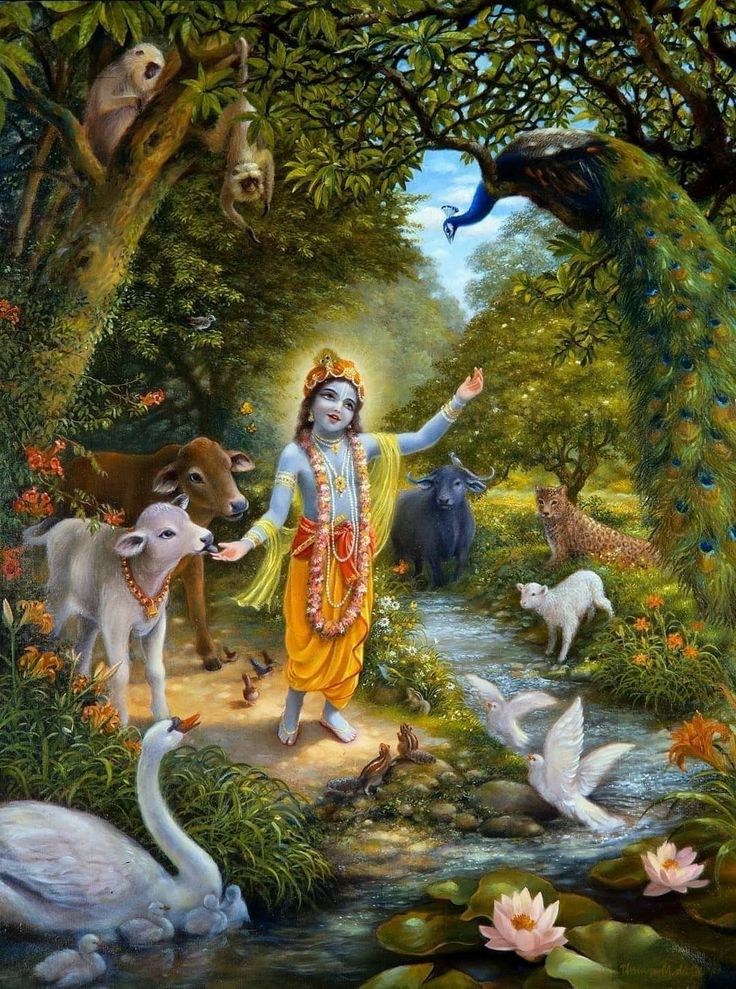

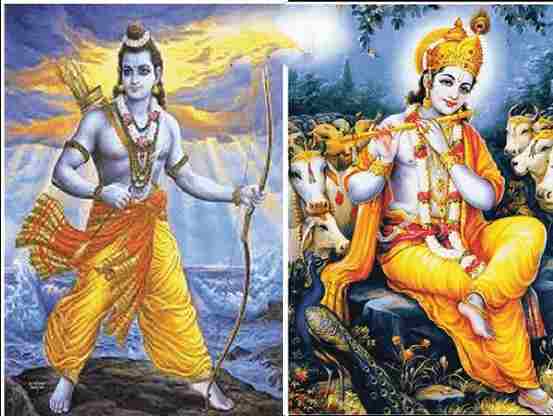












Leave A Comment